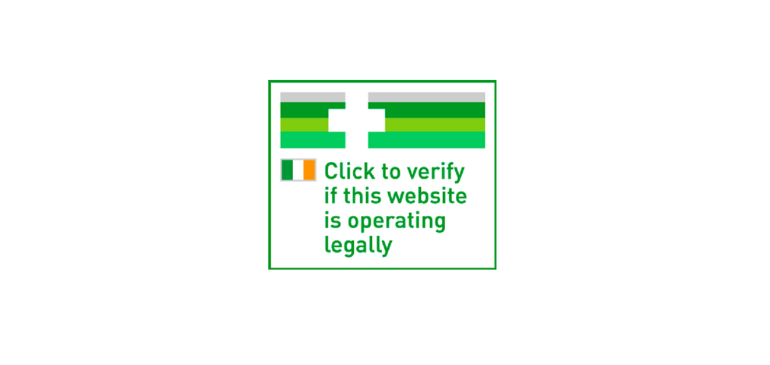
'Serious risk' - Major warning over fake medicines circulating in Ireland
Fake and illegal weight loss and diabetes medications are in circulation in Ireland amid a warning from the Health Products Regulatory Authority (HPRA).
They say illegal medicines marketed as GLP-1 receptor agonists for weight loss and diabetes pose serious risk to health.
The Heads of Medicines Agencies (HMA), representing national medicines authorities, and the European Medicines Agency (EMA) are warning the public about the growing threat of illegal medicines being advertised and sold online across the European Union (EU).
"In recent months there has been a sharp rise in the number of illegal medicines marketed as GLP-1 receptor agonists such as semaglutide, liraglutide and tirzepatide for weight loss and diabetes. These products, often sold via fraudulent websites and promoted on social media, are not authorised and do not meet necessary standards of quality, safety and efficacy," a statement on the HPRA website reads.
The HPRA has previously issued a number of similar warnings at a national level, most recently on September 3, 2025.
"Such illegal products pose a serious risk to public health. They may not contain the claimed active substance at all and may contain harmful levels of other substances.
READ NEXT: Thousands of Irish workers set for extra day off next year due to rare bank holiday rule
"People who use these products are therefore at a very high risk of treatment failure, unexpected and serious health problems and dangerous interactions with other medicines."
Authorities have identified hundreds of fake Facebook profiles, advertisements and e-commerce listings, many of which are hosted outside the EU. Some fraudulent websites and social media advertisements misuse official logos and use false endorsements to mislead consumers.
"National authorities are monitoring online channels for illegal activities. Enforcement actions include ordering product withdrawals, blocking websites and cross-border collaboration with enforcement officers and other international partners," the HPRA says.
GLP-1 receptor agonists are prescription medicines for serious health conditions such as diabetes and obesity. They should be taken under the supervision of a healthcare professional. Patients who think they might benefit from treatment with GLP-1 receptor agonists should talk to a doctor and should not buy them without a prescription or from sources other than legitimate retailers.
A product is likely to be illegal if:
it is advertised as “endorsed” by a national authority such as the HPRA or features official logos of a national authority or EMA;
it is sold through unofficial websites or social media platforms;
it is claimed to be superior to authorised treatments without scientific evidence;
it is not available through licensed pharmacies or healthcare providers;
"Illegal medicines are being promoted online across the EU on fraudulent websites and social media, often using false claims and fake endorsements.
They may not contain the claimed active substance at all and may contain harmful levels of other substances.
"Illegal medicines pose serious risks to health, including treatment failure, unexpected and serious side effects and dangerous interactions with other medicines.
"National authorities and the EMA do not endorse or promote specific products or brands. Any claim suggesting otherwise is false.
"If you have questions or concerns about medicines online, especially any claiming to be endorsed by a national authority, consult official sources such as the HPRA or the EMA.
"Report any suspicious websites, advertisements or products to the HPRA Enforcement section by phone on +353 1 634 3871 or by sending a message via our online contact form (please select Other > Report an illegal activity from the drop down menu)."
Prescription medicines
The HPRA says: "Always obtain prescription medicines through a qualified healthcare professional and a licensed pharmacy.
In Ireland, pharmacies are regulated by the Pharmaceutical Society of Ireland (PSI). When you buy from these pharmacies, you know that your medicine has been authorised and that the safety and quality of the medicine is being monitored by the HPRA.
"It is against the law to supply prescription medicines by mail order in Ireland (including through the internet).
Non-prescription medicines
"Some medicines that do not need a prescription are allowed to be sold on the internet in Ireland.
"A supplier who wants to sell non-prescription medicines over the internet in Ireland must apply to the PSI and be added to an Internet Supply List. The list is available on the PSI websiteOpens in new window. They must also display a ‘Common Logo’ on their website.
"The common logo is a safety feature that allows members of the public to identify legitimate online suppliers of non-prescription medicines, giving reassurance that the purchase is safe. Further information on the Internet Supply List is available on the PSI website."

ABOVE: Image of the common logo that legitimate suppliers of non-prescription medicines must display on their website.
Subscribe or register today to discover more from DonegalLive.ie
Buy the e-paper of the Donegal Democrat, Donegal People's Press, Donegal Post and Inish Times here for instant access to Donegal's premier news titles.
Keep up with the latest news from Donegal with our daily newsletter featuring the most important stories of the day delivered to your inbox every evening at 5pm.